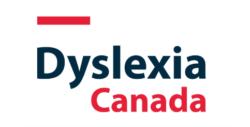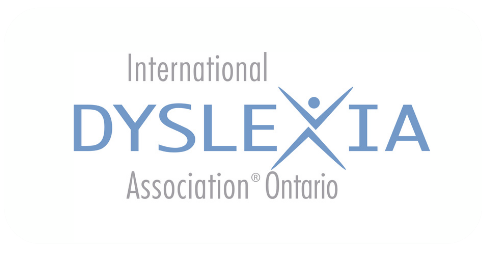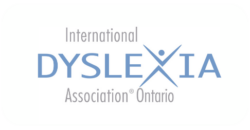This paper delves into informing how teachers can use scientifically based research to make curricular instructional decisions The article showcases how as professionals, teachers can become more effective and powerful by developing their skills to recognize scientifically based practice. Even in scenarios when the evidence […]
Season 2 of Reading Road Trip kicks off with Emily Hanford! Join Kate Winn to get the inside scoop on Emily’s reporting work on the science of reading, including the incredibly popular podcast Sold a Story. Emily unpacks her journey into reporting on literacy instruction, how Sold […]
Passionate about integrating the science of learning into your pedagogical practice? Catch up with the materials and recordings from Jim Hewitt and Nidhi Sachdeva’s series, focusing on selected chapters from How Learning Happens by Paul Kirschner and Carl Hendrick. The series focuses on six theoretical foundations […]
The wonderful Jenni vanRees created this brief video, highlighting how to access the books used in ONlit book studies in the OCT Library. Thanks, Jenni!
In Reading For Life, author Lyn Stone holds nothing back when sharing research and best practices for literacy instruction, and outlining why some past beliefs and practices have to go for the sake of our students and their reading and writing development. Section 1 covers […]
This infographic provides a comprehensive visual guide to structured literacy, an evidence-based approach to teaching language and literacy. By illustrating both the “how” and “what” of structured literacy, the infographic serves as a valuable resource for educators committed to fostering strong foundational literacy skills in […]
The Ontario Human Rights Commission’s Right to Read inquiry concluded that running records and reading level assessments have not been effective in identifying students who need additional support or in providing teachers with accurate information to guide instruction. We now know that there are more […]
With a new curriculum, there are lots of new terms for both educators and families to navigate. This glossary contains high-level explanations for many terms used in the Language curriculum, with the goal of supporting partnerships with school and home.
This reader-friendly book, written by two educators, provides great background and professional learning related to reading development, and particularly how it applies in the older grades. While the title includes the word “secondary”, junior and intermediate teachers in Ontario could all benefit from reading this […]
This resource has been compiled by a group of Canadian language and literacy experts. It is organized into three primary segments. First, it highlights the essential information educators should possess about various research types, enabling them to stay well-informed and knowledgeable about the connection between […]
In this article, Dr. Perry Klein responds to Dr. Jim Cummins’ criticisms of the Right to Read Report, highlighting several recommendations and positions that Cummins attributes to the report but that it does not actually contain. Dr. Klein also identifies five ways in which this […]
In this episode, Kate Winn is joined by Dr. Carolyn Strom for a conversation about the reading brain. What are the neural underpinnings of how students learn to read? How can research in this field help us in the classroom?




